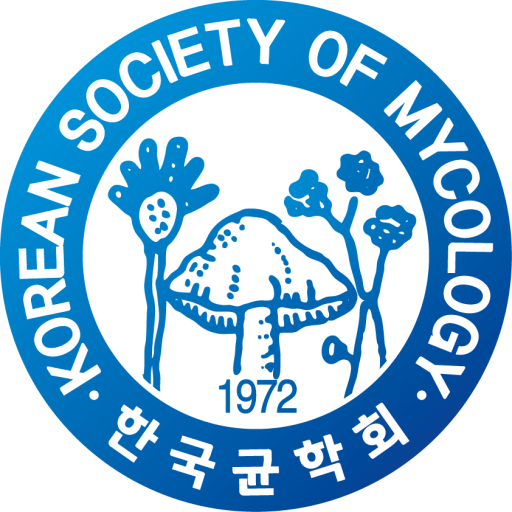Thermotolerance is critical for fungal pathogens to survive at host temperature and serves as a key virulence factor. Cryptococcus neoformans, a leading cause of fungal meningitis, relies on heat shock factor 1 (Hsf1) to regulate thermotolerance, with unique transcriptional and post-translational regulation distinguishing it from other fungal Hsf1 orthologs. However, its downstream regulatory network remains poorly understood. To investigate this, we performed chromatin immunoprecipitation sequencing and identified 394 genes bound by Hsf1 at 37°C. Interestingly, 31% of these genes encode hypothetical proteins, indicating that Hsf1 may regulate previously uncharacterized thermotolerance factors. Using the C. neoformans knockout library, we screened 92 mutants of Hsf1-bound hypothetical genes under high temperature and identified three with significant growth defects. These genes were designated as Hsf1-dependent thermotolerance factors 1, 2, and 3 (Htf1, Htf2, Htf3). Notably, the htf3Δ mutant showed increased sensitivity to membrane and cell wall stress at 37°C, implicating its role in maintaining cellular integrity under heat stress. This study provides new insights into the Hsf1-dependent regulatory network in C. neoformans, identifies novel thermotolerance factors.

 English
English